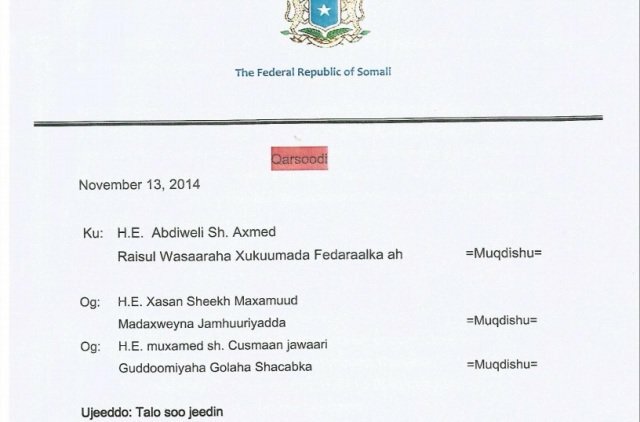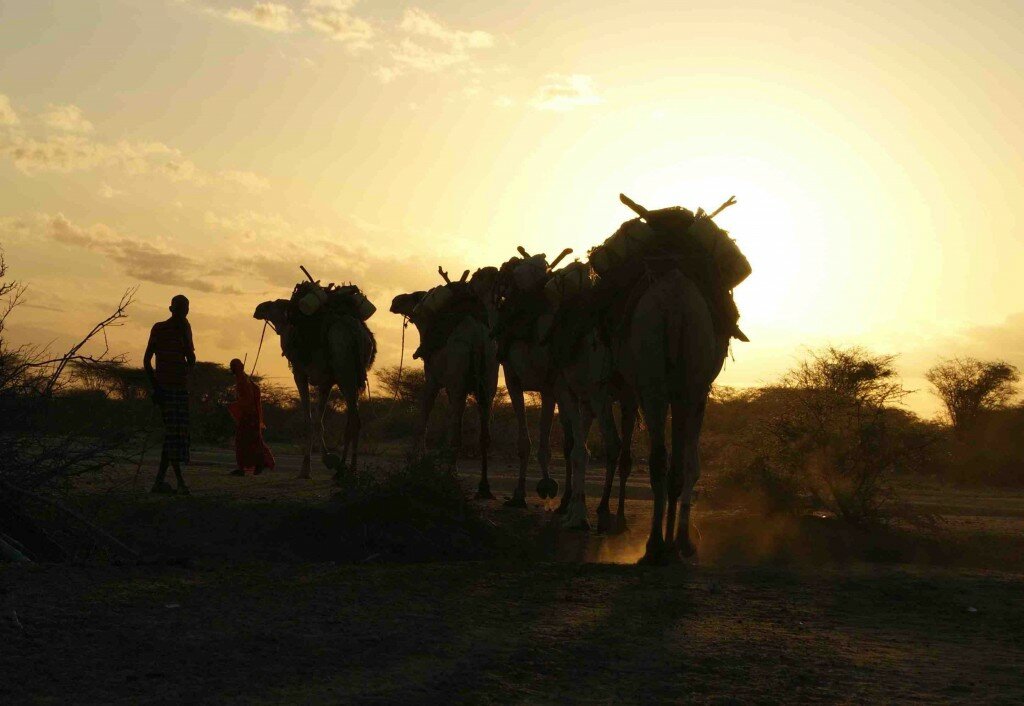‘Global Somali Emergency Response Trip’: Day One
Dadaab Town
Sunday 17th July 2011, 2.30 pm
All five of us sit in the shade of a tree. I stare at a sign that says ‘Silence’, right above Matt’s head. I wonder, does it mean we should eat in silence? Is it a reminder to talk less and swallow more food for thought?
The team is down in the dumps. We have been delayed at the DC’s office for hours.
Abdisalim’s face scrunches into deep furrows. He squints as a gust of warm wind hits his face.
[slidepress gallery='doobleey']
“This is our winter,” the DC had said earlier on.As I watch Abdisalim’s face, I am thankful that we came here in ‘winter’, then, when the wind was only warm instead of furnace-hot.
Abdisalim takes out his notebook. He begins to write scraps of an intro script for the documentary we shall be doing.
“Why don’t things ever go according to plan,” he grumbles, stabbing the paper with his pen. “It’s always this or that.”
He is referring to the massive delays we have been facing along the way. We seem to be always waiting for something. Right now, we are waiting for the food to be brought. Before then, we were waiting for the mechanic to fix the car, and before then, we were waiting for the DC to organise security for us (from Dadaab town onwards we have to be accompanied by soldiers).
It’s a quick meal; camel meat with rice. We have to be on our way; we can’t waste the entire day.
We go back to the DC’s office. To our dismay, more waiting awaits us. This time, we have to wait for the soldiers to join us. News comes that the soldiers are missing. More waiting.
We are waiting for two things; the car and the soldiers. We discuss the possibilities of hiring a new car. Ahmed makes a few calls. His face falls.
“Can you believe this? They won’t hire their cars to us because the NGOs will pay tens of thousands of shillings per day for them. This is crazy. People are dying, and others are living off the fact that people dying!”
“Suffering is a commodity, Ahmed,” Abdisalim says.
He is right. Here, the suffering industry is booming. The prices of things have gone up by 200%. Everyone here is some sort of warlord over their own little empire of scraps broken off of the Somalia conflict.
The SUV owners will rent you their SUVs only if you pay them 20,000ksh per day like the NGOs pay them, instead of the 8,000 ksh they would ordinarily charge. The police, the soldiers, the UNHCR officers, the hoteliers, they all demand their chunk of the suffering pie.
Don’t forget that there is always someone that gives the orders, someone that demands an even bigger chunk of the suffering pie. Like, right now, Ahmed is in talks with a bunch of fat cats. They want their whiskers drowned in a bowl of milk before they can let us go through.
These fat cats are from a bunch of local NGOs. They are the middlemen that stand between the journalists and other visitors, and the refugees. They are the top crust of the suffering industry.
And they are not pleased that we are here.
Our presence here means that we may expose them. It means that we may see beyond their smokescreens. We are not here as journalists per se; we do not have the limitations that journalists have. This means that we may get to see the real Dadaab, not the staged and acted one. Not the Dadaab showed to you with a timer to your face, to remind you that you have to leave before the stage props crumble.
The fat cats are also worried that we may be a new NGO. The fat cats are not fond of sharing; they are terrified of it.
Thankfully, Abdisalim has identification on him. Whatever that identification reveals about Abdisalim, the fat cats wither upon seeing it. They tumble off their pedestals, apologise and let us through.
Next stop: Liboi.
By Claudette Oduor
Comments
comments
 Calendar
Calendar





































